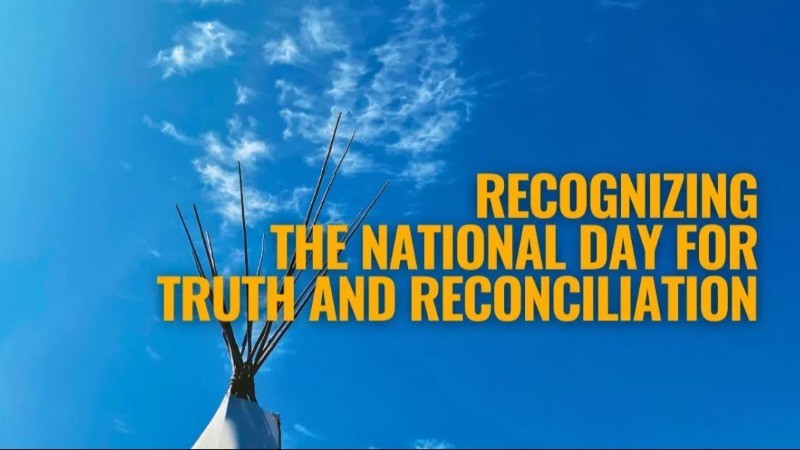
As we approach the National Day for Truth and Reconciliation on September 30, it's essential to reflect on the importance of this day and the ongoing journey toward reconciliation with Indigenous communities across Canada. Established to honor the survivors of residential schools and their families, this day serves as a reminder of the need for meaningful action to address historical injustices and foster understanding and healing.
Understanding the Significance of the Day
The National Day for Truth and Reconciliation is not just a day of remembrance; it is a call to action. It's a time for individuals and communities to acknowledge the painful legacy of residential schools, where many Indigenous children were taken from their families and subjected to cultural assimilation and abuse. Understanding this history is the first step toward fostering reconciliation and ensuring that such injustices never happen again.
Practical Tips to Support Reconciliation
1. Educate Yourself and Others
Knowledge is a powerful tool in advancing reconciliation. Take the time to learn about Indigenous histories, cultures, and the impacts of colonization. Consider the following resources:
Books: Look for literature written by Indigenous authors, such as “The Inconvenient Indian” by Thomas King or “21 Things You May Not Know About the Indian Act” by Bob Joseph.
Documentaries: Watch films and documentaries that highlight Indigenous perspectives, such as "We Were Children" or "Rumble: The Indians Who Rocked the World."
Online Courses: Platforms like Coursera and edX offer courses on Indigenous studies, which can enhance your understanding.
2. Attend Local Events and Ceremonies
Participate in events organized for Truth and Reconciliation Day. Many communities host gatherings, workshops, and ceremonies to honor survivors and promote dialogue. Engage in these events to show solidarity and learn directly from Indigenous voices.
3. Support Indigenous Businesses
Investing in Indigenous-owned businesses is a practical way to support economic reconciliation. Seek out Indigenous artisans, restaurants, and service providers in your area. By choosing to buy from these businesses, you help to strengthen Indigenous economies.
4. Volunteer with Indigenous Organizations
Get involved with local Indigenous organizations and initiatives. Many groups are working towards healing, education, and advocacy. Volunteering your time and skills can make a meaningful impact in your community. Consider reaching out to organizations focused on:
Youth and Education: Programs that support Indigenous youth through mentorship and educational resources.
Cultural Preservation: Initiatives aimed at preserving and promoting Indigenous languages and traditions.
5. Advocate for Policy Changes
Support policy changes that advance Indigenous rights and well-being. Engage with local and national representatives to express your support for Indigenous issues. This can include:
Writing Letters: Draft letters to your elected officials advocating for the implementation of the Truth and Reconciliation Commission's 94 Calls to Action.
Petitioning: Join or initiate petitions that call for changes in legislation regarding Indigenous rights, land, and education.
6. Incorporate Indigenous Perspectives in Education
If you're an educator, make an effort to incorporate Indigenous perspectives into your curriculum. This can involve:
Inviting Guest Speakers: Reach out to local Indigenous leaders or knowledge keepers to share their experiences and insights.
Developing Curriculum: Work to create lessons that include Indigenous history, culture, and contemporary issues, ensuring a holistic education for all students.
7. Engage in Self-Reflection
Personal reflection is crucial in understanding your role in reconciliation. Consider the following questions:
The National Day for Truth and Reconciliation is an opportunity for everyone to commit to supporting Indigenous communities and advancing the cause of reconciliation. By taking action, educating ourselves and others, and fostering meaningful relationships, we can contribute to a more just and equitable society. Let's honor the resilience of Indigenous peoples and work together towards healing and reconciliation—not just on September 30, but every day.
MORE TO READ: